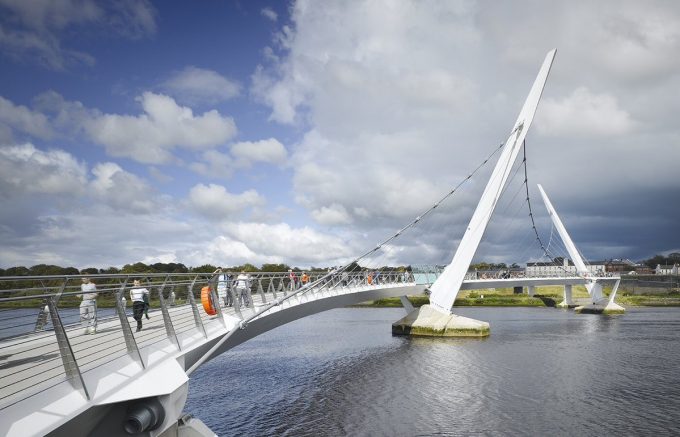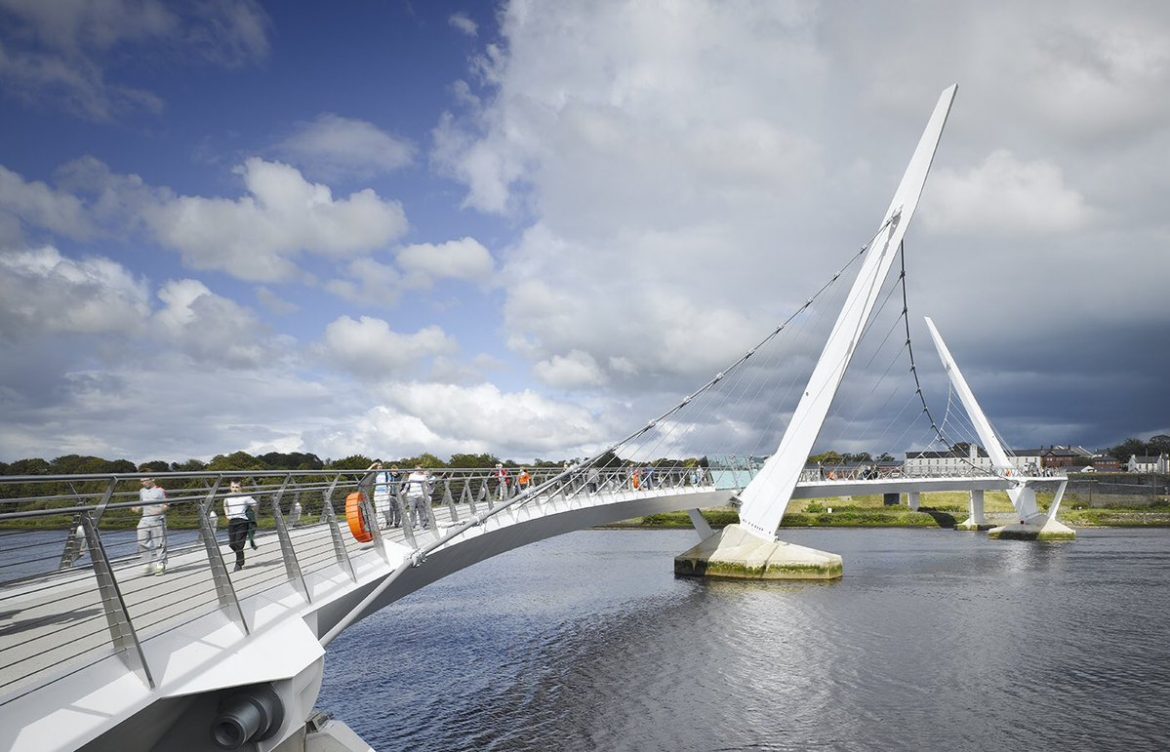 A financial support scheme for businesses affected by the localised restrictions imposed in the Derry City and Strabane council area earlier this month has opened for applications.
A financial support scheme for businesses affected by the localised restrictions imposed in the Derry City and Strabane council area earlier this month has opened for applications.
Under the scheme businesses will receive the following amounts for every two weeks they are closed:
Small businesses (not exceeding £15k Net Annual Value) – £800
Medium businesses (over £15k Net Annual Value and not exceeding £51k Net Annual Value) – £1,200
Large businesses (over £51k Net Annual Value) – £1,600
The scheme that will apply to businesses, subject to eligibility criteria, which includes:
Cafes, pubs and restaurants that have been temporarily forced to close or limit their services to a takeaway service instead;
Hotels and guest houses that have been temporarily forced to limit the provision of services for residents only;
And other businesses which, under the Health Protection Regulations are required to cease to carry on that business or to provide that service, include cinemas, museums, galleries, trampoline parks, inflatable parks, escape rooms, bowling alleys and ice rinks.
Finance Minister Conor Murphy said: “The Executive is determined to get support out as quickly as possible to businesses that are subject to local restrictions.
“I hope that the first payments from this scheme will be made within days of applications being received and approved.
“The payments I’m announcing today are higher than the equivalent scheme in England.
“The largest businesses receive the equivalent of £3,200 per month.
“The restrictions announced by the Executive today will impact upon a wider range of businesses than those currently covered in the Derry City and Strabane scheme and we will factor this into future support packages.”
“I am acutely aware that the restrictions announced by the Executive today will have a profound impact not only on the hospitality sector but right across the economy and many businesses including those in the supply chain.
“Along with my Executive colleagues tomorrow be considering how best to use the additional £200 million and what economic interventions we can make to get much needed support to businesses and protect livelihoods.”
Tags:





